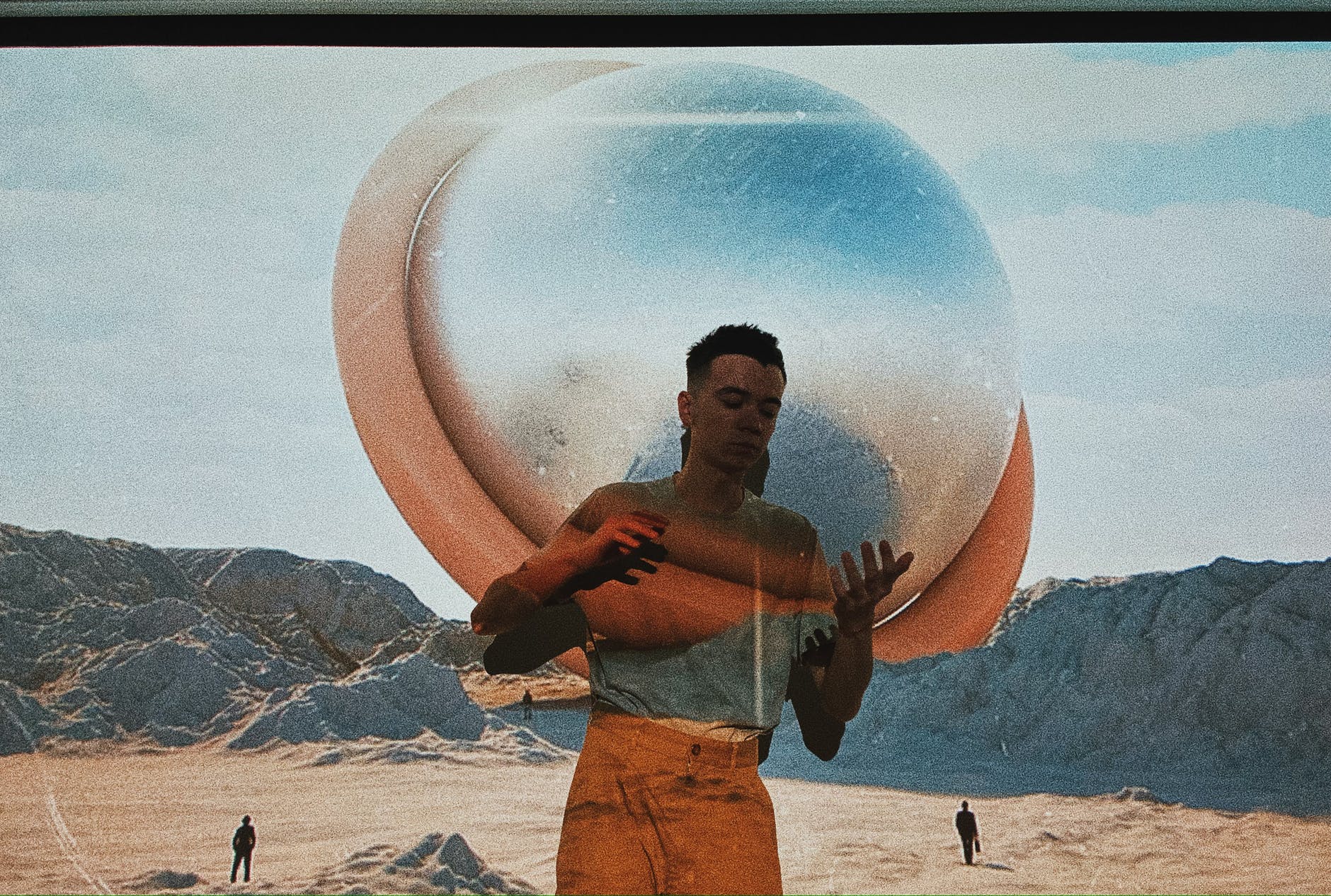Do you Have Aphantasia – Mental Blindness?

Disclaimer: This article is meant for educational purposes only. Do not use information in this or any other article to self-diagnose or diagnose other people. If you feel that you or someone close to you may possess some of the characteristics mentioned in this or any other article on our blog and need help then please, consult a licensed mental health professional. This article is not a substitute for professional advice, but for general guidance.
Hello, Psych2Goers! For today’s article let’s begin with an activity. As you read the next few lines, I want you to take a moment to close your eyes and imagine it.
Think of a very big fluffy cotton ball, was it white? Now think of the same cotton ball but this time it’s pink. Now think of it in purple. Imagine you are holding the purple cotton ball in your hand. Oh no! It’s flying away! What’s that? It’s caught on a tree? Wait, that’s a blue cotton ball, your purple one is right under your black shoes.
As you read the above paragraph were you able to visualize the cotton ball in different colors and settings as though all of it was actually happening in front of you?
If you couldn’t then you may have Aphantasia. According to WebMD, “Aphantasia may affect as many as 1 in 50 people and happens when your brain’s visual cortex doesn’t work properly. Your visual cortex is the part of your brain that processes visual information from your eyes.”
The term Aphantasia was coined in 2015 by neurologist Adam Zeman to describe a lack of visual imagination. When most people think of a beach, they probably conjure up a mental image of sand, water, and possibly a lifeguard chair. When someone with Aphantasia closes their eyes and tries to imagine a beach, all they might be able to see in darkness. When they try to visualize something, they get the same frustrating block. Whether it’s their childhood home, their school office, or the faces of loved ones they’ve known all their life.
While many people are born with aphantasia, there have been instances that it can be produced as a result of surgery, an injury, or even mental health disorders like depression, anxiety, or PTSD.
According to Zeman, a professor of cognitive and behavioral neurology at the University of Exeter, “Most people, if they’re asked to think of an apple, or their front door, or their best friend, can have an experience which has a visual field. It’s not usually as good as seeing the thing in the flesh, but they can usually get some of the ways there. People with aphantasia can think about things just fine, but they can’t visualize them.”
It’s important to remember that aphantasia isn’t a one-of-a-kind event. Prosopagnosia can affect a group of persons who lack visual imagination (the inability to recognize familiar faces). While conventional memory is fine in people with aphantasia, around a third of them have impaired autobiographical memory, give less detailed descriptions when recalling past experiences, and have difficulty visualizing future events. It can also affect some people’s capacity to imagine experiences related to touch, smell, or sound.
While aphantasia does not appear to have a significant impact on people’s quality of life, much of the science behind it is still unknown. There are, thankfully, ways to overcome an inability to envision the future, such as creating a physical vision board or relying on sound for inspiration. If you believe you have aphantasia, know that there are many resources, as well as information and research, available to assist you in understanding and managing the condition.

Photo by Whicdhemein One on Pexels.com
References:
Nicole Gallucci. Twitter Taught Me I Have No Visual Imagination. Retrieved July 27, 2021.
https://in.mashable.com/science/19615/twitter-taught-me-i-have-no-visual-imagination
Alexandra Benisek and Brunilda Nazario, MD (May 18, 2021). What Is Aphantasia? Retrieved July 27, 2021.
https://www.webmd.com/brain/what-is-aphantasia
Sarah Regan and Ilene Ruhoy, M.D., Ph.D. (April 30, 2021). What The Research Says About Aphantasia + A Neuroscientist-Approved Test. Retrieved July 27, 2021.


Very interesting 👌🏻👌🏻👍🏻